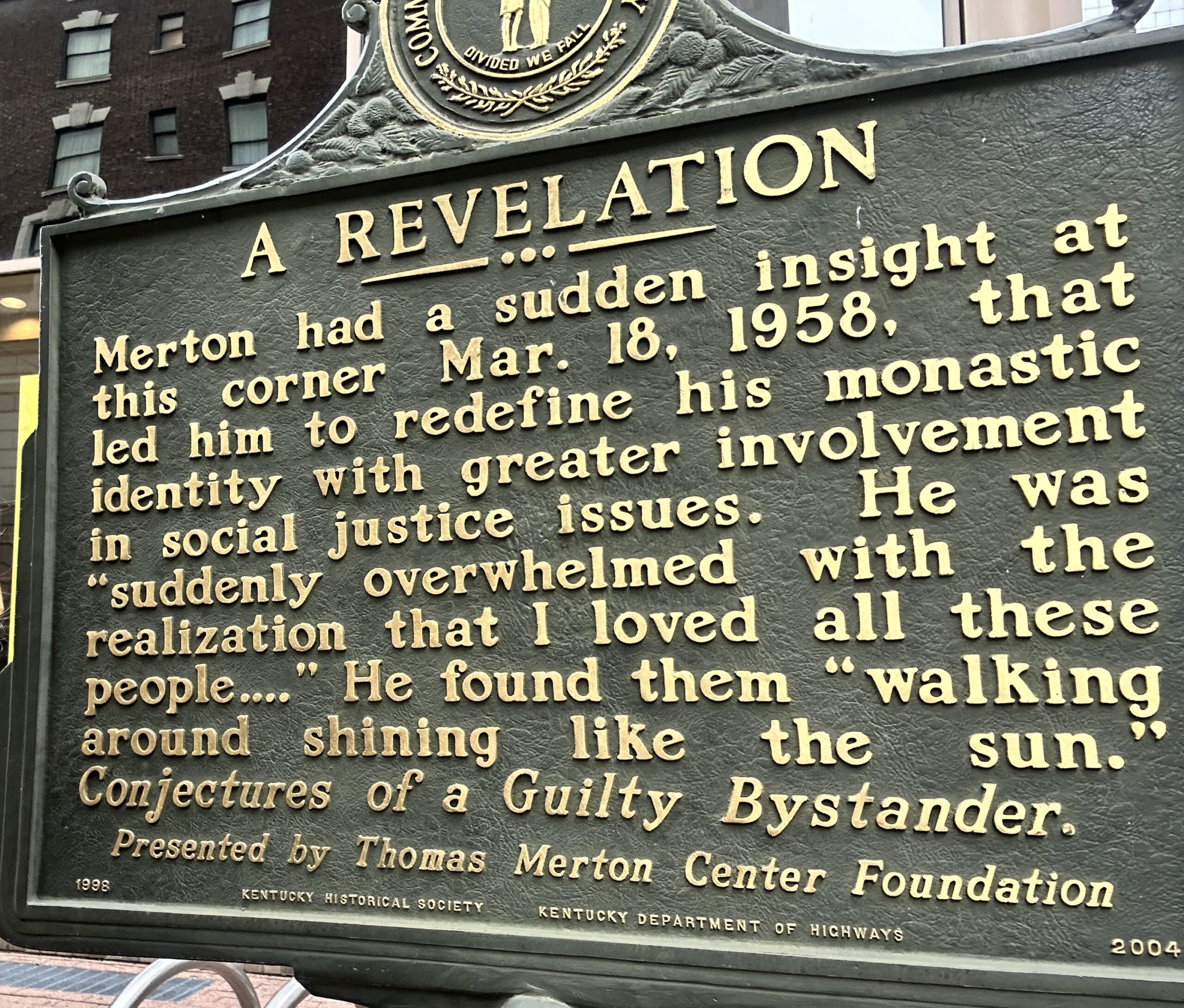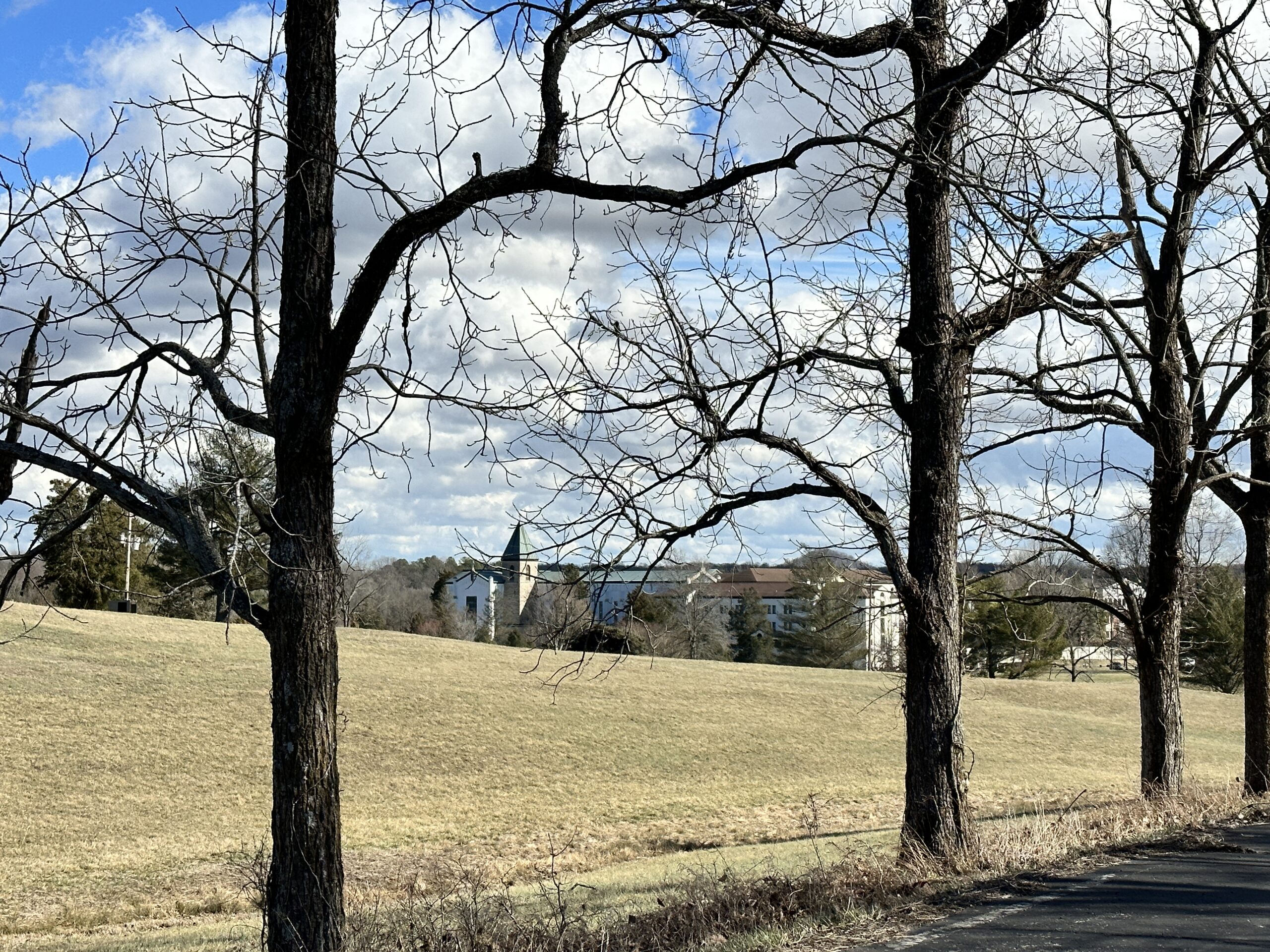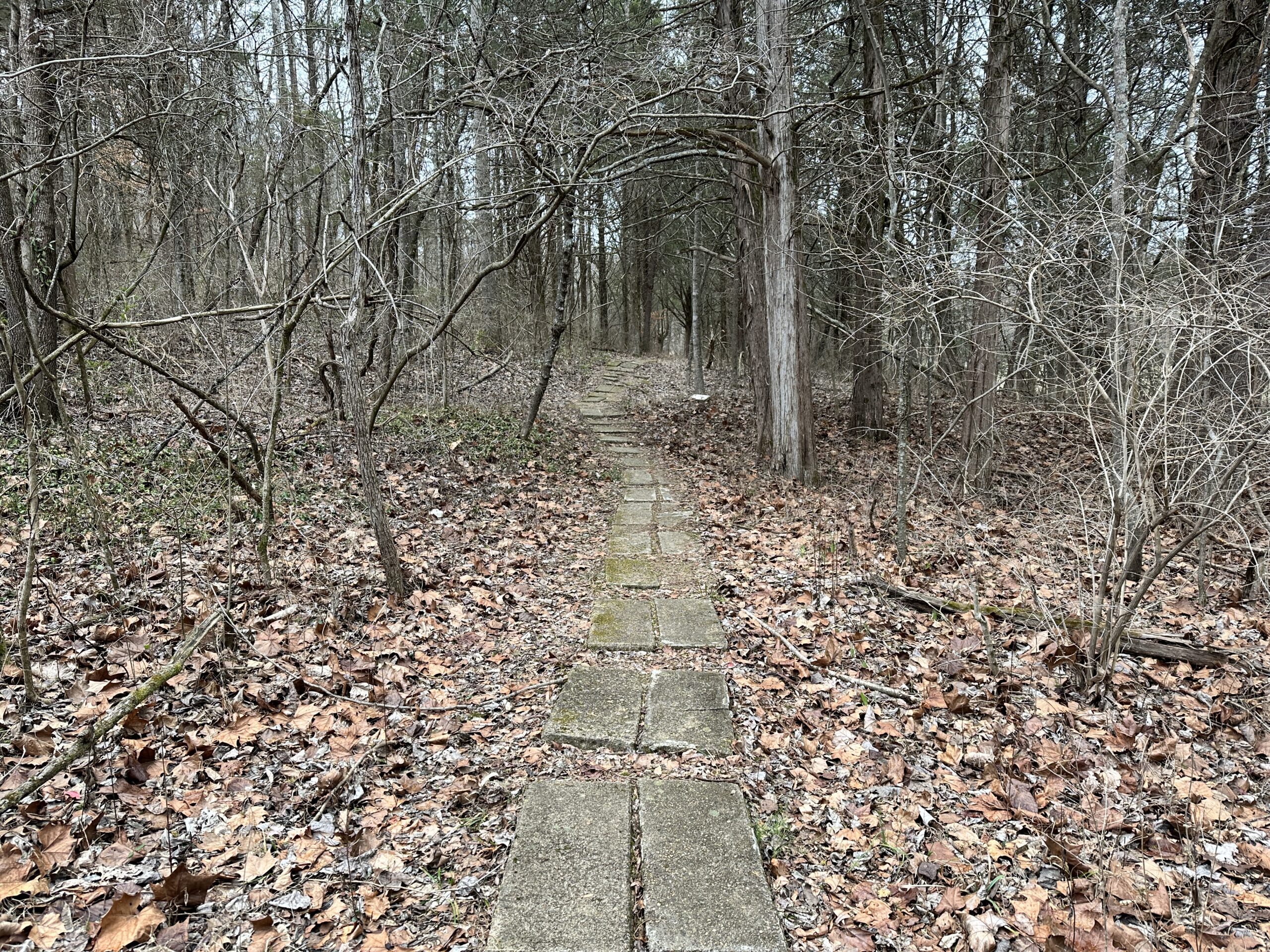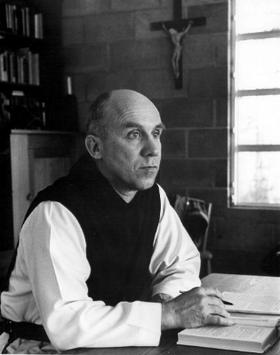 February 19, 2023: May God’s words be spoken, may God’s words be heard. Amen.
February 19, 2023: May God’s words be spoken, may God’s words be heard. Amen.
“Do not be afraid.”
Did you notice that in the gospel? Jesus tells his disciples “Get up and do not be afraid.” Just those words should have been enough for them to know that something transformational was, or is, or will happen. We hear it a lot in Advent – to Mary, to the shepherds, and to Joseph. It was spoken to Abram (later called Abraham), to Moses, and to Hagar, and so many more. And when folks heard this – their lives were about to be changed in ways that they could not even imagine.
And so, on this Transfiguration Sunday – the last in a season in which Christ is revealed to us – perhaps it isn’t a surprise that we hear it again. There’s a whole lot going on in all that we hear today – Moses up on the mountain with God, Jesus the same and taking along some of his disciples – and everything changes for them, and for us too.
Encounters with God are like that – they change you. That is, if you are aware of God’s presence in your midst. I think that is why Jesus takes these three away up the mountain. He wanted their full and undivided attention. Today, perhaps, Jesus would have to take our cell phones away and drag us off to a secluded retreat.
And that is exactly what we all need to do from time to time, including me. As you know, I was not here last week, as I was away on retreat. I spent time at the Abbey of Our Lady of Gethsemani in Louisville, Kentucky. It is a monastery of the Order of Cistercians of the Strict Observance, more commonly known as Trappists.
Unlike some monasteries and convents, this order maintains silence not only from 8pm to 8am (the great silence), but at all times. It was one of the reasons I sought out this place for retreat. I needed time to really listen to God.
The grounds at Gethsemani are beautiful and expansive. There are wooded trails and paths through valleys of farmland. Thankfully too, it being winter, there were not too many people there. So, on one day, as I walked down one
and paths through valleys of farmland. Thankfully too, it being winter, there were not too many people there. So, on one day, as I walked down one of the wooded paths, I was completely alone – the silence of the Abbey was carried along with me, and the only sounds I heard where my own footsteps, the distant abbey bells, and the life of the natural world. Along the way there were statues of saints, or of the nativity, hidden amidst the woods as I walked along. There was a lot to be heard, and I am still processing it all.
of the wooded paths, I was completely alone – the silence of the Abbey was carried along with me, and the only sounds I heard where my own footsteps, the distant abbey bells, and the life of the natural world. Along the way there were statues of saints, or of the nativity, hidden amidst the woods as I walked along. There was a lot to be heard, and I am still processing it all.
Yet there was another reason I chose to retreat at this particular place. It was the monastery of a monk named Thomas Merton, or Father [Loo-WEE] Louis, as he was known by his brothers. Thomas Merton, who lived from1915 to his strange death in 1968, “is arguably the most influential American [Roman] Catholic author of the twentieth century. His autobiography, The Seven Storey Mountain, has sold over one million copies and has been translated into over fifteen languages. He wrote over sixty other books and hundreds of poems and articles on topics ranging from monastic spirituality to civil rights, nonviolence, and the nuclear arms race.”[1]

By The Merton Center: http://www.mertoncenter.org/Poetry/griffin.jpg, Fair use, https://en.wikipedia.org/w/index.php?curid=18293738
Thomas Merton was, like the Christ he followed, controversial. Because what he heard in his silence propelled him to speak on the sins of the world – advocating for peace, non-violence, and social justice amidst the war in Vietnam, and the civil rights movement. And that will not make some people, the ones who profit from those things, very happy.
Yet this boisterous young man turned monk yearned most to listen to God.
Just outside where we gathered for meals at the monastery, there was an old piece of paper tacked onto a bulletin board. It had a quote by Merton, that read “My life is a listening; His is a speaking. My salvation is to hear and respond. For this, my life must be silent. Hence, my silence is my salvation.”
“My life is a listening. God’s is a speaking.”
Indeed.
Instinctively we all seem to know that we need time to be still – to be open to God speaking to us – even if we are the kind of person that gets anxious even thinking about having to be still, quiet, and listening. Still, we may not have someone like Jesus to lead us up to a mountaintop, and perhaps stays at convents and monasteries just aren’t your thing. That’s okay. The thing about listening is that it isn’t done solely with our ears, but with the ear of our heart, and God has a way of speaking amidst the din of our world, we just need to pay attention. And one of the reasons we need to be listening in whatever way we are able is that transfiguration moments are everywhere!
All children of God shine with the divine spark, bright as the sun – we just don’t always know it.
And that brings me to a moment famous in Merton’s life, so much so, that there is an historical marker in downtown Louisville that commemorates it for all to see. It was March 18, 1958, and in Merton’s own words, this is what happened:
“In Louisville, at the corner of Fourth and Walnut, in the center of the shopping district, I was suddenly overwhelmed with the realization that I loved all those people, that they were mine and I theirs, that we could not be alien to one another even though we were total strangers. It was like waking from a dream of separateness, of spurious self-isolation in a special world, the world of renunciation and supposed holiness… This sense of liberation from an illusory difference was such a relief and such a joy to me that I almost laughed out loud… I have the immense joy of being man, a member of a race in which God Himself became incarnate. As if the sorrows and stupidities of the human condition could overwhelm me, now I realize what we all are. And if only everybody could realize this! But it cannot be explained. There is no way of telling people that they are all walking around shining like the sun.”[2]
I went to that very spot, which is now the corner of 4th and Muhummad Ali Boulevard in a very busy section of Louisville, and I stood watching people go by too. I thought about that revelation of Merton, and how it seemed that he witnessed a transfiguration moment – all these people, made in God’s image, and shining like the sun. We know it changed Merton. How would it change us?
Because that truth hasn’t changed.
God’s light is shining in us, and all around us. Or as Merton once put it “We are living in a world that is absolutely transparent, and God is shining through it all the time.”
What those disciples saw on that mountain was God’s light shining in Christ. What Merton saw on that street corner was that same light shining in all the children of God. These are transfiguration experiences, and Jesus was right to tell his disciples about these moments to “Get up and do not be afraid.”
Because, as I noted earlier, we know that when folks in the bible are told not to be afraid, something is likely about to be dramatically changed in their life. But there is more to it than that. He tells them first to, “Get up,” yet the translation doesn’t really tell us how powerful that command was, because the words used here are the very same heard in the resurrection account of the angels. It is really “raised!” or “Be raised!”
The transfiguration is a story about resurrection – but not only Jesus’. It is the resurrection story of the disciples – which in essence, if we think about it, is a baptism story – for we die and are given new life in Christ in our baptism. And that, my friends, is a call story. Our baptism – is our transfiguration – is our calling.
And so this gospel may rightly be called the story of the Transfiguration of Jesus, but it could also be titled the call story of the disciples – the Transfiguration of Peter, James, and John. And the thing is – it is our transfiguration and call story too.
Because God is calling us as clearly as Jesus did those three on the mountain, to follow him – to go with God into the world – the world that God is transfiguring right this very moment.
And given the way in which transfigurations change us in life altering ways, is it any wonder Jesus told them “Do not be afraid.” Maybe that’s what we need to say at everyone’s baptism – or every time we come forward to receive Christ in the Eucharist – Do Not Be Afraid! – because our life as his disciples is transfiguration story – a resurrection call story.
Are we listening – do we see what is right before us and all around us?
This manifestation of Jesus to those disciples wasn’t left behind on that mountain, but is happening here – now. And it is a call to all who follow him to “Rise up, do not be afraid.” Because an encounter with Christ is a transfiguring moment – a resurrection experience – for us, and for the church. It should break us open that our inner light, that divine spark of our Creator in whose image we are made, would shine like the sun that all may see the light of God’s love and grace.
Being a follower of Jesus isn’t to bask in the glow of communion with one another and with him in the Eucharist, it isn’t to stay on that mountain. It is to break forth like the dawn into the world that lay in darkness. That’s what encounters with the light of God do – they transfigure us!
And that means we recognize Christ’s light shining before us.
It means we recognize the divine spark in all people – of every race, way of loving, gender, economic status, culture – every single human on this earth – no exceptions.
It means the church is not an exclusive social club where one comes to be seen, but a place where we are given strength for the journey in which we choose to see the world differently, and to share the light and love of Christ within us to all people.
The gospel of Jesus Christ is a radical message of God’s great love for all creation, and the transfiguration story is the story of our call to rise up, to not be afraid, and to walk with Jesus into the world to spread that love as he did – to those others wouldn’t see, to those others wouldn’t hear – and yes, follow Him even to the cross.
This week, on Ash Wednesday, we begin the season of Lent. And now it is we who are descending that mountaintop and heading towards Jerusalem with Jesus as we move through this next season of the church year. And if we really think about it, Lent is a season when we enter into an intentional time of listening, of retreat, across all the church. We put away our familiar silver and gold, the music becomes more subdued, the tone of the service even more reflective.
Perhaps each of you will use this season as a time of deep listening. A time to hear with your heart God speaking to you. A time to feel God’s light shining within. A time to see that light shining in others.
Because just as Peter, James, and John found, this was no time for them to stay on the mountain, nor is it time for us to shelter here in our church. They discovered that there were people waiting to be healed at the bottom of that mountain. And we who follow Jesus today surely know that there is much to be healed in our world today waiting for us outside these doors. All over this world, children of God suffer from earthquakes – natural ones, and the catastrophic upheavals of our own making – the earthquake of hate, violence, poverty, neglect, and oppression that systematically swallow up the children of God.
And so we must be the transfigured ones – the resurrected ones! We must answer the call of Christ – here and now.
Rise up and do not be afraid!
For Christ is with you.
God’s light shines within you.
Your revelation moment, your transfiguration experience, is at hand.
It may not be at a busy intersection or up on a mountaintop, but it will fill you with “the immense joy of being [human], a member of a race in which God [chose to] became incarnate.” And nothing for you, for the church, or for the world, will ever be the same again.
Amen.
For the audio, click below, or subscribe to our iTunes Sermon Podcast by clicking here (also available on Audible):
[1] https://merton.org
[2] Thomas Merton, Confessions of a Guilty Bystander
The Rev. Diana L. Wilcox
Christ Church in Bloomfield & Glen Ridge
February 19, 2023
The Last Sunday After The Epiphany
1st Reading – Exodus 24:12-18
2nd Reading – 2 Peter 1:16-21
Gospel – Matthew 17:1-9




